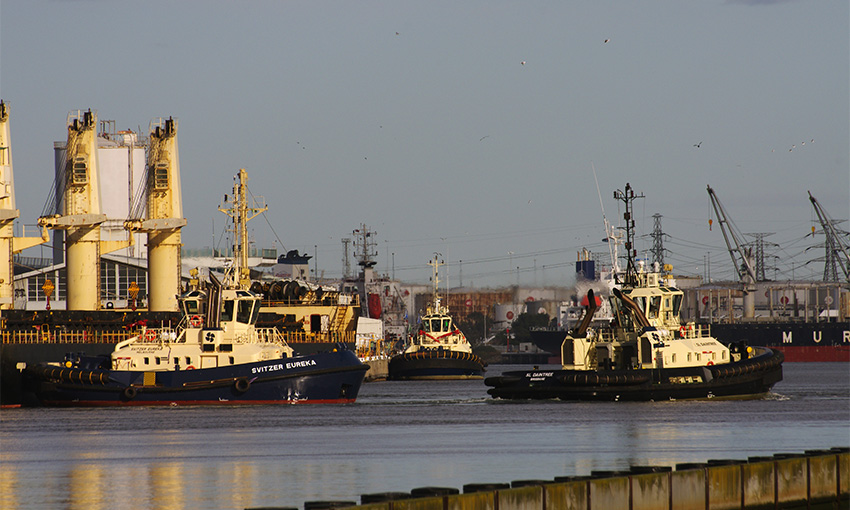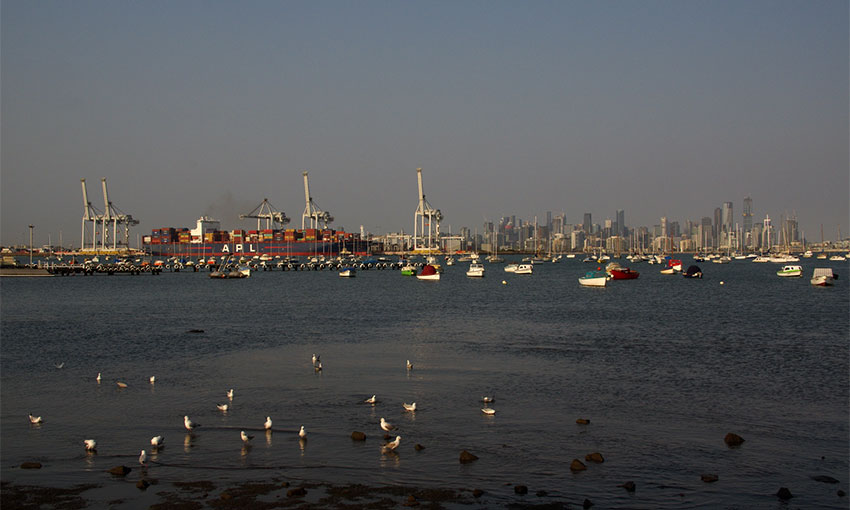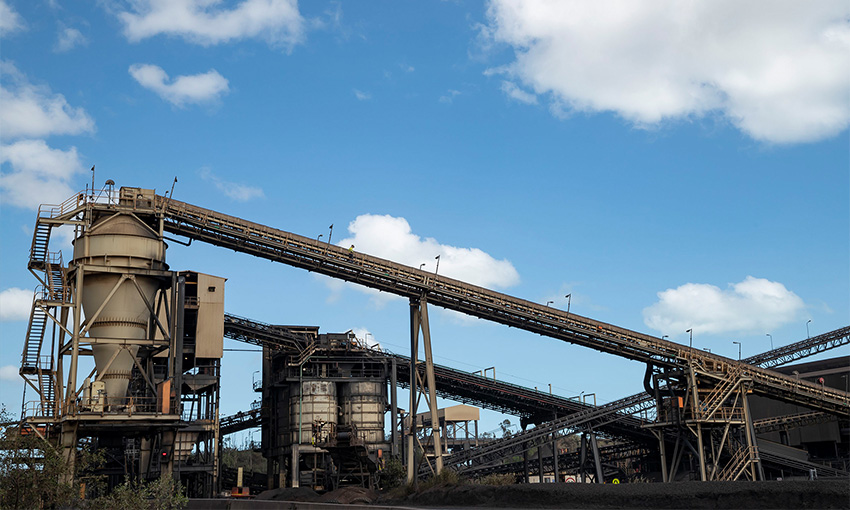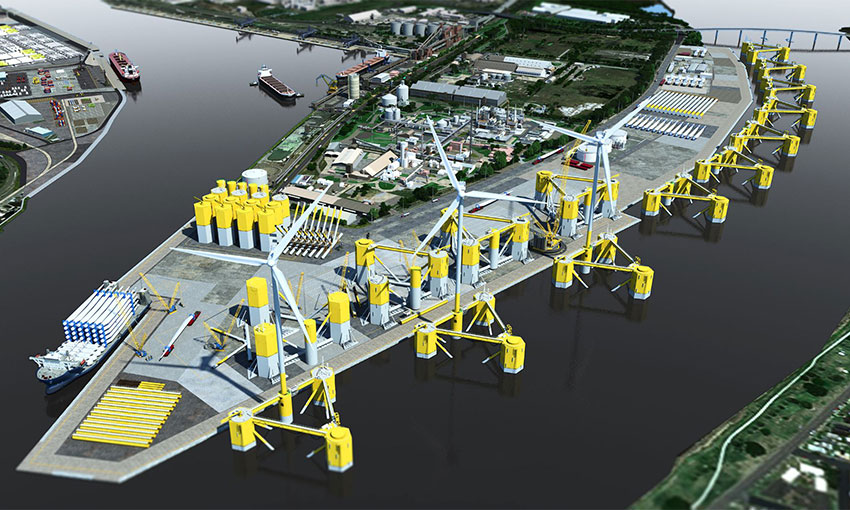THE Australian Competition Tribunal on Wednesday declined to declare the Port of Newcastle under the National Access Regime.
In July 2020, the NSW Minerals Council applied to the National Competition Council to make a recommendation that access for ships to the channel and berths that the Port of Newcastle provides be declared under the regime.
In short, the NSW Minerals Council applied to have some of the Port of Newcastle’s fees for port services regulated by the government.
Part IIIA of the Competition and Consumer Act 2010, otherwise known as the National Access Regime, aims to promote the economically efficient use of infrastructure through which services are provided. And, users of the infrastructure can apply for these services to be declared under the National Access Regime – essentially for access and/or pricing to be regulated by the government.
The NSW Minerals Council argued that PoN has incentives to make fees for port services as high as possible because the company essentially has no competition in the space.
But, in February, Treasurer Josh Frydenberg said he would not declare the Port of Newcastle’s services after the National Competition Council recommended against it, saying the market is likely to be effectively competitive, PoN is unlikely to have incentive to diminish competition in coal export markets, and port charges are likely to remain a comparatively small component of the cost of the production and export of coal.
Port of Newcastle CEO Craig Carmody welcomed the tribunal’s decision. He said the port’s access prices for port users are competitive compared to other Australian and international ports, and navigation charges are payable by vessel operators, not coal producers.
“Notwithstanding, Port of Newcastle has openly committed to meet with coal producers who use the Port on a bilateral basis to discuss terms and conditions of access and has maintained a public offer to do so on our website throughout legal proceedings. It would have been illegal to meet collectively while the authorisation matter is under review,” he said.
“Port of Newcastle has maintained open lines of communication with The NSW Minerals Council as appropriate throughout the legal proceedings in the hopes of securing a mutually agreeable and respectful resolution outside of the continuing courts process.”
Mr Carmody said it is in PoN’s best interest to ensure our pricing remains competitive to encourage the growth of all trades through the Port, and support our diversification plans for the future.
“The repeated declaration applications and ongoing prosecution of regulatory disputes by the NSW Minerals Council and its members is particularly surprising given that port charges at the Port of Newcastle represent less than 1% of the delivered cost of Hunter Valley thermal coal, and coal producers do not even pay the navigation service charge in question, vessel operators do,” he said.
“Port of Newcastle hopes that this matter is now resolved for good. The Australian Competition Tribunal heard all of the evidence and made this decision based on the facts and truths presented.
“Continuation of this matter through legal avenues is unproductive for all parties involved. Port of Newcastle would rather see the funds expended on putting the Hunter on a firm foundation for the future instead of being wasted to the detriment of the many communities in the Hunter region who would benefit from a more certain investment environment.”
Mr Carmody said the tribunal’s decision reinforces nine previous decisions or recommendations already made by two federal government Treasurers and the specialist National Competition Council.
“The decision today provides additional validation of the Australian government’s proposed reforms to the National Access Regime announced in the 2021 Budget, which aim to prevent critical national infrastructure being tied up in a wasteful cycle of unnecessary and costly regulatory processes and disputes of this kind which are not in the public interest.” He said.
“Today’s decision is the latest in a long line of decisions favourable to Port of Newcastle now spanning six years and has again been made solely in view of the factual evidence provided to the tribunal.
“This prolonged series of regulatory disputes is a disservice to the region and has unnecessary posed risks to investment in the future of the Hunter economy, in regional jobs and to the Port of Newcastle’s plans to turbo-charge the regional New South Wales economy.
Mr Carmody said any suggestion of monopoly behaviour holds no substance in the face of the truth the port’s actions.
“We hope that the Tribunal’s decision today will put an end to this matter once and for all and enable the Port of Newcastle to move forward with certainty as we seek to diversify trade and prepare for significant infrastructure investment at a critical time for the local and regional economy,” he said.





